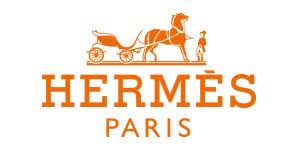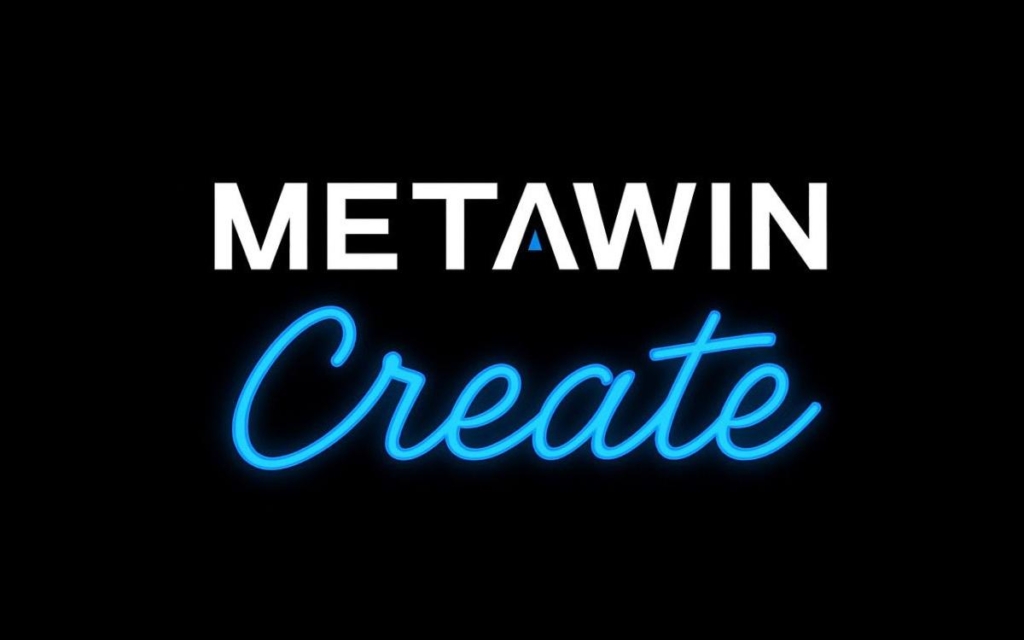The verdict in the Hermès vs. Rothschild NFT trial has been reached, and the French luxury brand has come out on top.
A nine-person jury ruled in favor of Hermès, awarding $133,000 in damages and determining that Rothschild had indeed profited from the brand’s goodwill by producing NFTs based on its Birkin bags.
This case sets a powerful precedent for NFT creators and will have a lasting impact on intellectual property (IP) law as it relates to digital creations.
Rothschild’s NFT collection, MetaBirkins, was at the center of the lawsuit. The jury decided that the NFTs were not protected under the First Amendment of the U.S. Constitution, as Rothschild’s lawyers had argued during the trial.
This decision may lead NFT creators to be more cautious when creating NFTs with other brands’ IP, to avoid future trademark lawsuits.
David Leichtman, Leichtman Law managing partner, stated that the case was not just about Rothschild’s use of the protected Birkin brand, but more about whether he intended to mislead consumers into believing that the MetaBirkin NFTs were associated with Hermès’ flagship product.
Leichtman explained that the question was whether consumers would be confused by the MetaBirkins and whether the relevant consumer base for Hermès products would be misled by Rothschild’s NFT collection.
Hermès filed the lawsuit against Rothschild in January 2022 after the LA-based artist released his MetaBirkins NFT collection.
The fashion house claimed that Rothschild was “stealing the goodwill in Hermès’ famous intellectual property” and that this could create confusion among its consumer base. This case highlights the importance of IP protection in the NFT space and will likely have a lasting impact on the industry.



